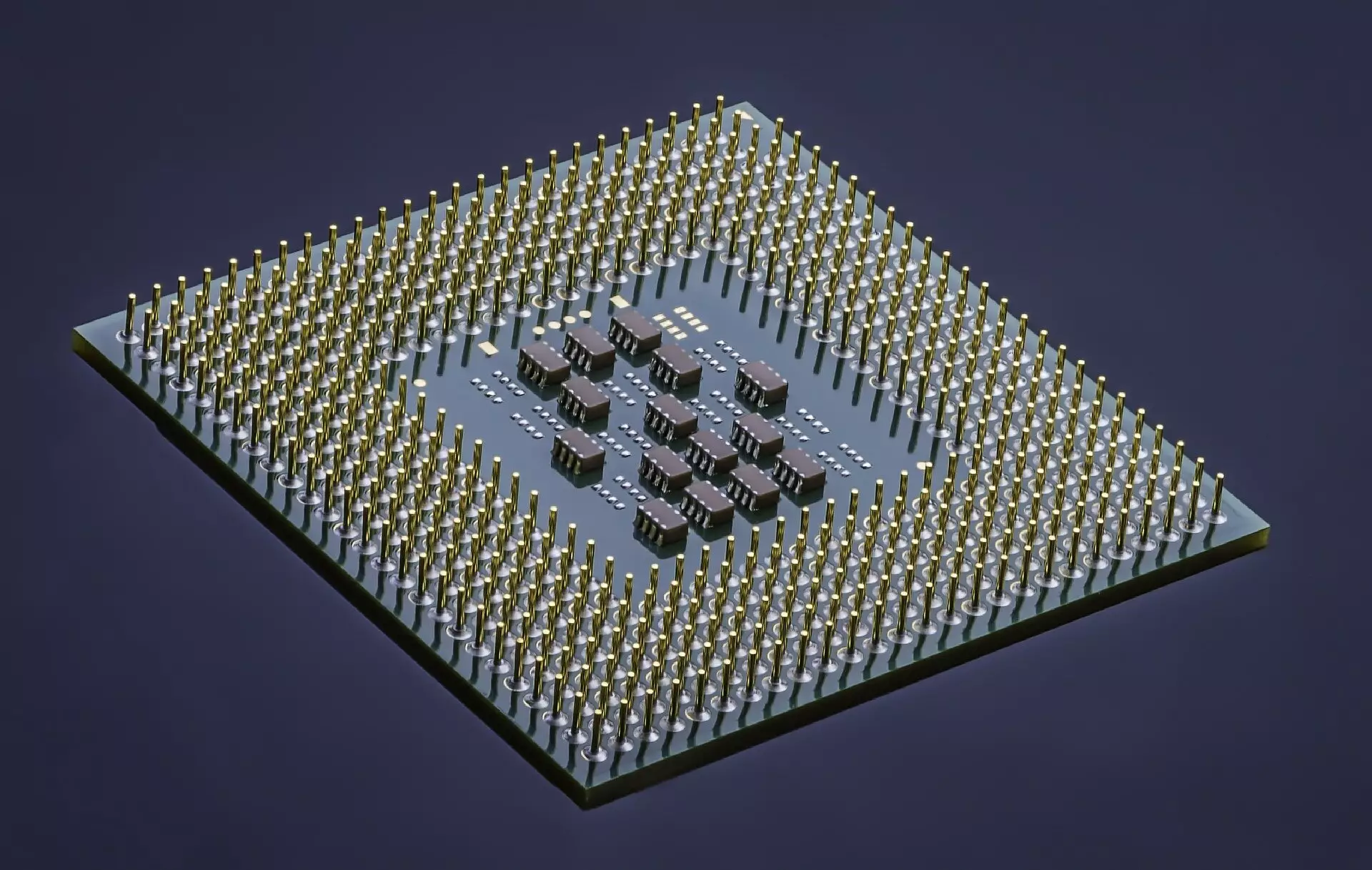In a decisive move to fortify its military supply chains, the UK government has taken ownership of a vital semiconductor manufacturing facility located in Newton Aycliffe, northeast England. This establishment specializes in producing gallium arsenide chips, integral components that enhance the effectiveness of various electronic systems, particularly in military applications. The escalating concerns about a potential closure of this factory, stemming from the cessation of a significant contract with technology giant Apple, prompted the government’s intervention. Such a scenario could have severely undermined the supply of essential semiconductors necessary for Britain’s defense capabilities.
John Healey, the UK Defense Secretary, remarked on the critical role semiconductors play in both contemporary technology and future military capabilities. These microchips are not only fundamental to the operation of smartphones and automobiles but also serve as the backbone of advanced weapons systems and platforms, including fighter jets. The acquisition underscores a broader recognition that maintaining control over semiconductor production is integral to national security. Without these components, the operational effectiveness of weapons systems could be significantly diminished, making the acquisition a proactive step toward ensuring operational preparedness.
The UK government’s financial commitment to securing this facility comes amid a highly competitive global market for semiconductors, projected to reach a staggering $1 trillion by 2030. The British government disclosed that it purchased the facility from the U.S. company Coherent Inc. for approximately £20 million ($27 million). While the financial specifics are illustrative of the government’s investment in safeguarding its technological infrastructure, the purchase also has implications for job security, potentially preserving around 100 positions at the factory.
The broader context of this acquisition reveals a strategic alignment with national interests as the UK seeks to insulate itself from international supply chain disruptions, especially those exacerbated by the ongoing technological rivalry between the U.S. and China. Securing such a key manufacturing site aligns with efforts to develop a self-sufficient defense industrial base, countering rising external dependencies.
Despite the positive reception of this acquisition, challenges remain. The semiconductor industry is characterized by rapid technological advancements and fierce competition. The UK must not only ensure the operational capability of Octric Semiconductors UK but also invest in research and development to keep pace with global innovations in semiconductor technology. Partnerships with domestic tech firms and increased investment in STEM (Science, Technology, Engineering, and Mathematics) education will be crucial to building a sustainable semiconductor ecosystem in the UK.
The UK’s acquisition of the semiconductor facility is a pivotal action aimed at securing national defense interests and reinforcing the local technological landscape. By prioritizing domestic production, the government sends a clear message of commitment to both military readiness and economic resilience in an increasingly competitive global market.

